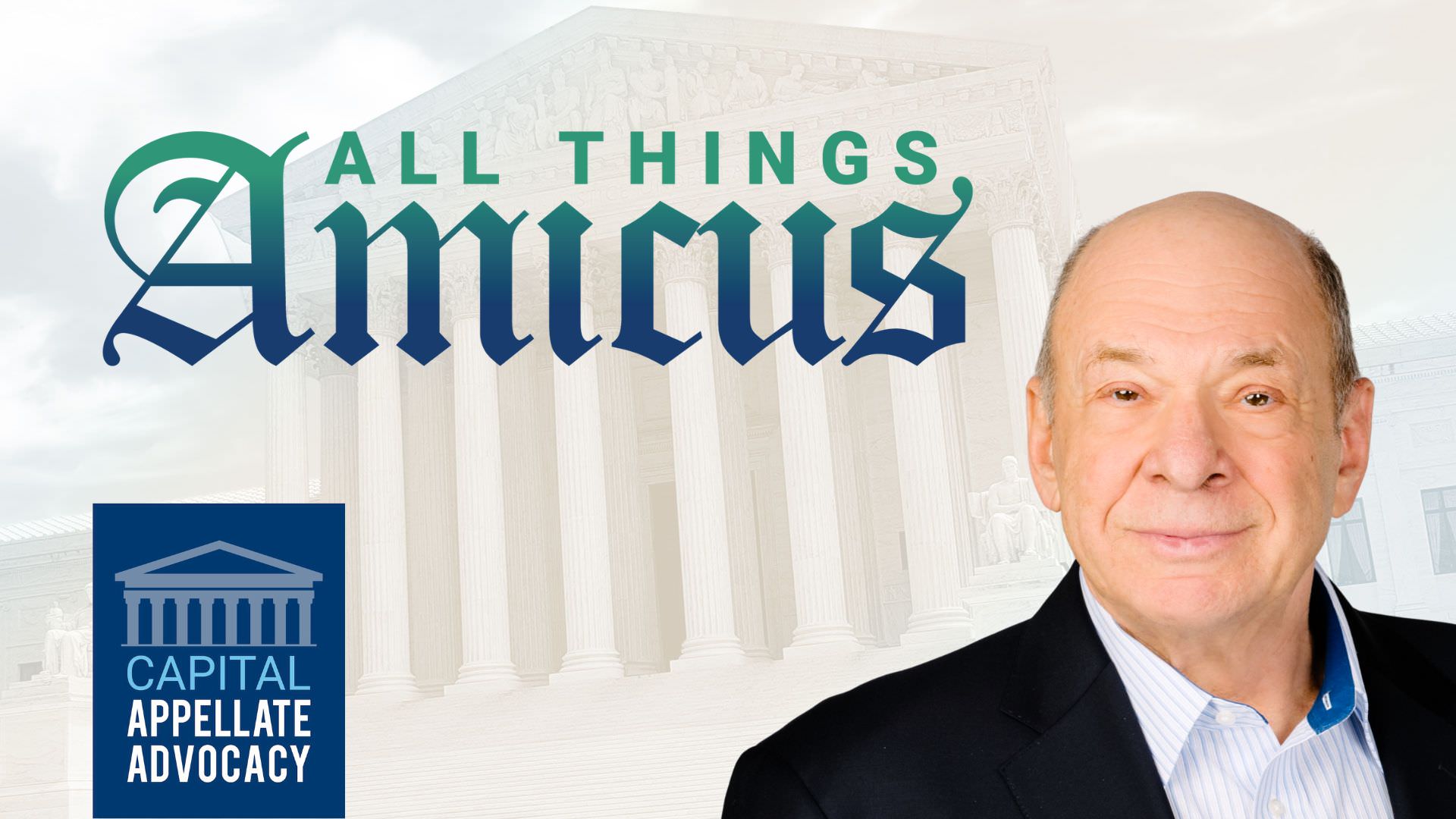In light of recent Supreme Court decisions, there is a substantial question about whether SEC administrative enforcement proceedings, conducted by SEC Administrative Law Judges who can be removed only “for cause,” violate the separation of powers. The certiorari petition in Gibson v. SEC, No. 20-276, asks the Supreme Court to decide whether a constitutional challenge to the structure of SEC administrative enforcement proceedings can be pursued in court without first incurring the burdens, costs, and penalties of such a proceeding. The Atlantic Legal Foundation has filed an amicus brief arguing that judicial review cannot be meaningful if it must await completion of the proceeding, especially since the SEC has no special expertise to rule on constitutional issues.
Issue Areas: Individual Liberty, Free Enterprise, Limited Government
Case: Gibson v. Securities and Exchange Comm’n, No. 20-276 (Sup. Ct.) (petition stage)
Question Presented: Whether federal district courts have jurisdiction to review the constitutionality of Securities and Exchange Commission (SEC) administrative enforcement proceedings—which are conducted by SEC-appointed administrative law judges (“ALJs”)—before such proceedings are completed and penalties (such as fines, disgorgements, and professional suspensions and bars) are imposed.
Background: The certiorari petition in this case presents a jurisdictional issue which is the key to timely and meaningful judicial review of the constitutionality of SEC ALJ proceedings. The SEC not only chooses to bring the vast majority of hundreds of civil enforcement actions every year before its own hand-picked ALJs, but also, according to many individuals and corporations, the ALJs who conduct these proceedings are heavy-handed and biased in favor of the SEC. An ultimate Supreme Court ruling that the SEC’s administrative enforcement scheme is unconstitutional would help to level the playing field.
More specifically, civil proceedings alleging violations of the nation’s securities laws, and seeking to impose harsh monetary and other penalties on individuals and corporations, can be brought either in a federal district court or before an SEC ALJ. In recent years the SEC has elected to pursue almost 80% of such proceedings before its own ALJs, who side with the SEC in a similarly high percentage of cases. Federal statutes provide that these and other federal agency ALJs cannot be terminated except “for cause.” Several SEC enforcement targets, including Mr. Gibson, have tried to obtain federal district court injunctions against pending SEC administrative enforcement proceedings on the ground that the ALJs’ multilevel, for-cause removal protection conflicts with the President’s constitutional authority to remove federal officers “at will.” Five federal circuit courts of appeals, however, have held that district courts cannot entertain such structural constitutional challenges because SEC enforcement targets’ exclusive judicial remedy is to await completion of administrative proceedings, incur whatever penalties are imposed, and only then appeal to a federal court of appeals.
ALF Amicus Brief: ALF’s petition-stage amicus brief, authored by Lawrence S. Ebner, argues that justice delayed is justice denied. The brief contends that the Supreme Court should review the question of whether district courts have jurisdiction to consider structural constitutional challenges to SEC enforcement proceedings before such proceedings are completed: “A financial industry professional should not be required to endure, and somehow survive, the crippling costs, disruptive burdens, and reputational harms of a fully adjudicated SEC administrative enforcement action prior to pursuing—in an Article III court—a structural constitutional challenge to the proceeding’s legitimacy.” Emphasizing the importance of the jurisdictional issue, ALF’s brief contends that district courts can adjudicate such constitutional claims because the SEC’s securities law expertise has no bearing on constitutional questions such as the legitimacy of its own ALJ proceedings, and judicial review of such questions cannot be meaningful if it must be postponed until after administrative proceedings are completed and penalties have been imposed.
Update: The petition for a writ of certiorari was denied on January 11, 2021.
The Atlantic Legal Foundation is a national, nonprofit, nonpartisan, public interest law firm whose mission is to advocate for individual liberty, free enterprise, property rights, limited government, sound science in judicial and regulatory proceedings, and school choice.
Capital Appellate Advocacy founder Larry Ebner serves as Senior Vice President & General Counsel of the Atlantic Legal Foundation.

